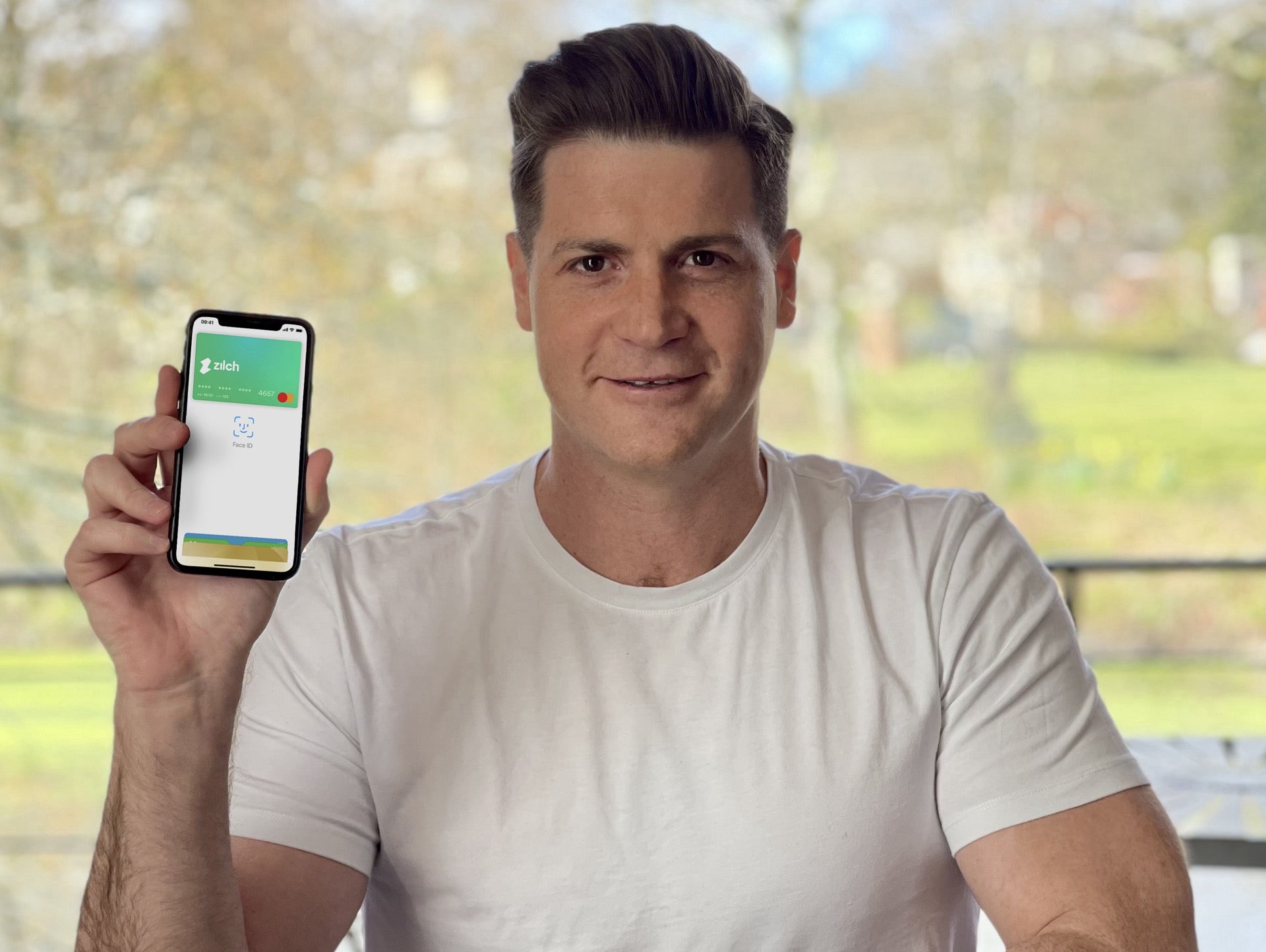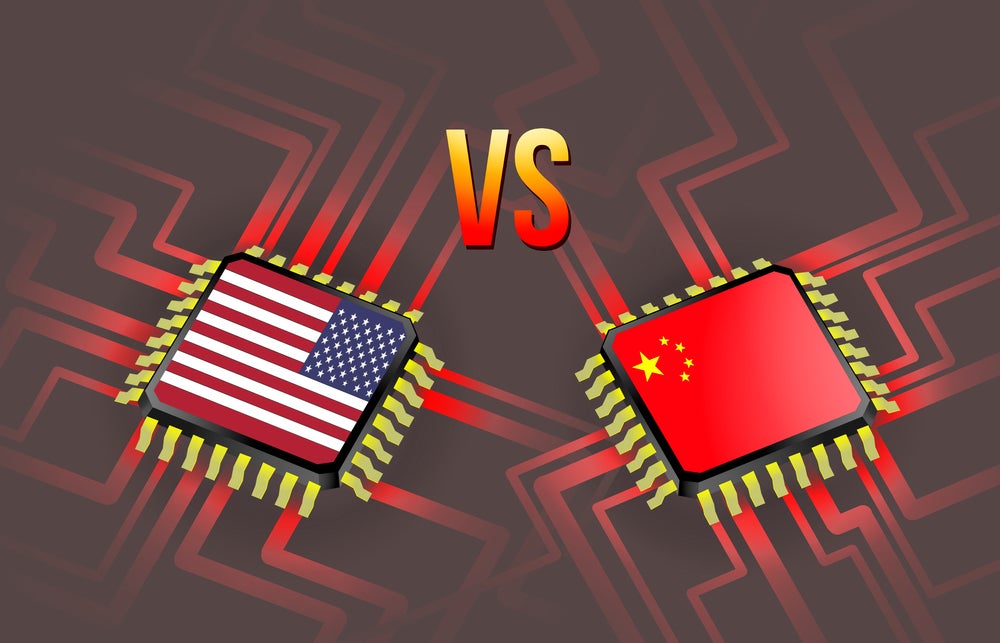
Philip Belamant, CEO and founder of buy-now-pay-later (BNPL) startup Zilch, has a lot on his plate. The London-based entrepreneur has just secured $80m through a Series B funding round that saw the company’s valuation rise to over $500m. Having crossed the half-way point to becoming a fintech unicorn, Zilch will use the money to roll out a smattering of new products over the next 18 months and to prepare for its US launch at the end of 2021.
In the meantime, Belamant must convince regulators that Zilch isn’t putting people’s financial health at risk and show investors that the UK startup can go toe to toe with bigger BNPL competitors. That may sound like a big ask for a startup launched in 2018 and that only officially come out of stealth in August 2020.
However, Belamant is confident in Zilch’s ability to set itself apart by not being like other BNPL companies. “They’re all exactly the same – business to business to consumer,” he tells Verdict.
Other BNPL companies sell their services to retailers who then have to integrate the technology before they can offer instalment payments to customers. They also charge customers for missing payments, putting their financial wellbeing at risk.
“We don’t want to be one of those companies,” Belamant says.
His team has created a solution that customers can use anywhere Mastercard is accepted, without partner merchants having to integrate the technology first. Zilch has achieved this by leveraging open banking and continuous soft credit checks to determine customers’ affordability level, only accepting purchases it’s confident customers can afford.
“We bring the buy-now-pay-later experience directly to a client anywhere they like – online, offline, Amazon, eBay, Etsy, Not On The High Street – rather than where we’ve gone and done deals and integrations, because that for me is not the customers’ problem. That’s our problem,” he explains.
Zilch does, however, take a one-off fee for paying at retailers it hasn’t dealt with before. Similarly to most BNPL companies, Zilch also takes commission on sales as well as from advertising and sharing anonymised customer data with retailers. The startup, furthermore, has over 5,000 retail associate partners. So it’s not cutting out merchants entirely.
Zilch’s approach also provides more flexibility for the startup to roll out new products faster than its competitors. “We don’t have to ask a retailer for permission to do that,” Belamant says.
This approach has seen Zilch raise $120m in total and accrue almost 500,000 customers who’ve signed up for an account. Investors like Gauss Ventures and the M&F Fund backed Zilch’s Series B investment round, which will be used to consolidate the company’s market position.
That may take some effort. The BNPL sector is rapidly becoming crowded, especially after the pandemic supercharged its growth. In the UK, BNPL transactions quadrupled in 2020. The worldwide sector is expected to be worth $166bn by 2023, according to GlobalData Thematic Research.
Zilch must now face off against companies that achieved their unicorn status years ago.
“They’re not going to sit around and simply let us go and take the whole market,” Belamant admits.
Zilch’s competitors include Swedish Klarna, which joined the coveted tridecacorn club in March on the back of a $1bn investment round that saw it achieve a $31bn valuation. The raise saw the company become Europe’s most valuable privately-owned fintech. Klarna is active across Europe, the UK, the US and Australia.
Afterpay is competing in the same regions. The Australian company made its public debut in 2016. It’s currently trading at a $37bn market cap. American Affirm listed on the Nasdaq in January and is today worth over $17.9bn.
Zilch will also compete with fintech firms that have expanded their services to include interest-free instalment payments such as PayPal and Danish neobank Lunar.
The Zilch CEO is confident in the startup’s ability to overtake these businesses, especially since they’ve taken the better part of decade to go global. “That would be very slow in my mind,” he says, arguing the company’s direct-to-consumer approach will enable it to spread across the world more rapidly.
Zilch’s Series B funding round comes as the BNPL space is increasingly coming under scrutiny for potentially putting customers at risk.
BNPL’s got a rep
BNPL companies have a bad rep. It’s for the same reason they’ve grown in popularity: they’ve made shopping much smoother. Millions of people enjoy the ability to pay for new stuff in instalments. However, the ease of using these products also makes it easier for people to end up in financial distress.
Missing a payment could not only incur fees, but could also damage people’s credit scores. Bad credit scores could prevent people from getting mortgages or even renting flats as landlords often do credit checks before signing leases.
In the US, 40% of customers who’ve used BNPL services have missed a repayment. Market experts now expect the Biden administration to tighten the rules around the sector. Lawmakers have already launched similar initiatives around the globe.
Over the past two years, Klarna’s CEO Sebastian Siemiatkowski has been engaged in a war of words with Sweden’s minister of finance who introduced a law in 2020 that banned ecommerce sites from pre-selecting credit-based payments at checkout.
In the UK, the Financial Conduct Authority (FCA) published a review of the BNPL sector in February. On the back of its recommendations, the government pledged to introduce stricter regulations. The new rules include forcing BNPL providers to carry out affordability checks on customers.
“I think this is only a good thing,” Belamant says. “Frankly this is why we went out and got our licence two years ago with the FCA because, for me, it has to be about the customer. This is, again, where you see misalignment. The customer for these other providers is the retailer. It’s not the end consumer. And so perhaps they forgot for a brief moment about the needs of the customer and the FCA is reminding them of it.”
Zilch already carries out background and credit checks on customers when they sign up. The startup also conducts automatic soft credit checks whenever a customer uses the service to ensure customers can actually afford their purchases, ensuring that the customer’s financial wellbeing is always front and centre. Belamant claims credit companies and his competitors fail to do the same.
“For me it’s always been a bit bizarre,” he says. “Credit card products are based on you not being able to repay so that they can charge you fees and interest. Our model is the reverse. Our model is based on you paying on time every time. And that is because we don’t charge any interest. We only make a one-off fee when you checkout. So we have to get the money back on time. Otherwise it costs the business money. It’s not profitable.”
Using open banking-solutions to ensure customers can afford to use the service also means that Zilch doesn’t have to rely on charging late payment fees to bolster its bottom line, unlike some of its competitors.
Looking ahead
Zilch’s Series B funding round will be used to develop new products, double its 80-employee strong team in 2021 and expand into the US.
Zilch plans to fully launch stateside in the fourth quarter of the year. It will try the waters before that with a beta launch. The startup plans to use the US launch to not only access the huge stateside market, but also to leverage its presence in it to woo investors further down the road, for instance when Zilch’s Series C round starts to take shape. Moreover, making the jump across the pond also means dealing with one market with one set of rules.
Belamant also hints that Zilch could also soon roll out in Europe, but doesn’t put a date on when that might happen. When asked why the UK-based venture decided to expand to the US before going into Europe, Belamant answers that the ubiquity of local laws in Europe means going across the English Channel would be too expensive at this stage.
“We’ve seen companies in point-of-sale finance and buy-now-pay-later companies, very large ones, move to Europe in certain countries and almost lose their whole company over there,” Belamant says.
Looking to the future, Belamant envisions that Zilch will grow into an international BNPL tour de force. “In five years time we see this being a global business,” he says.






